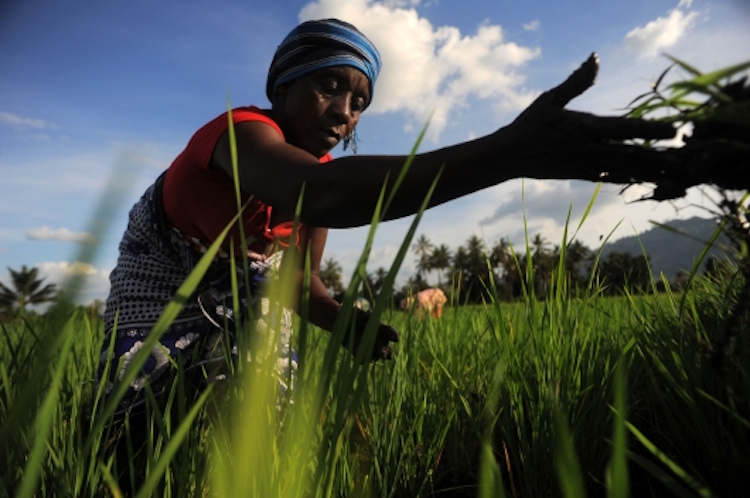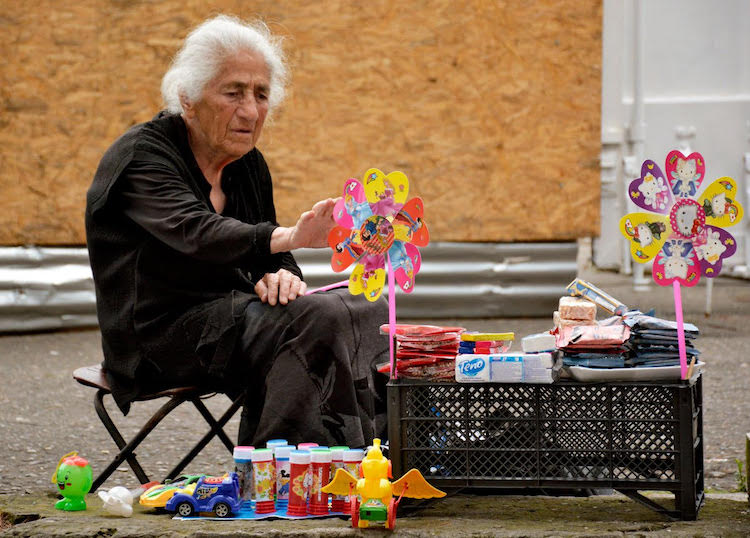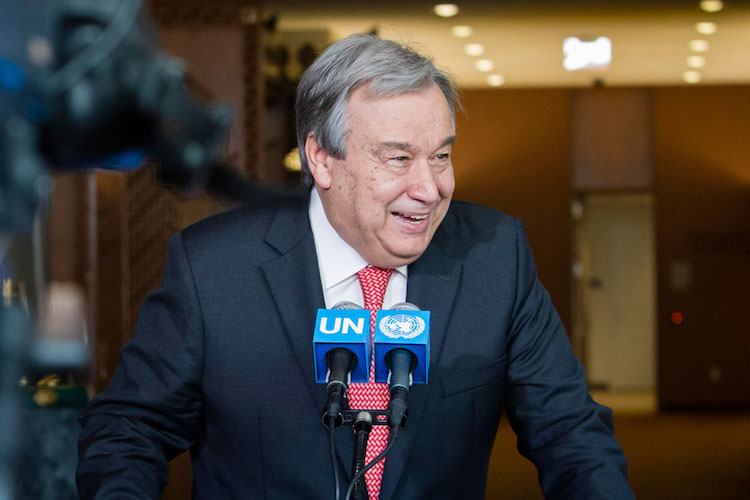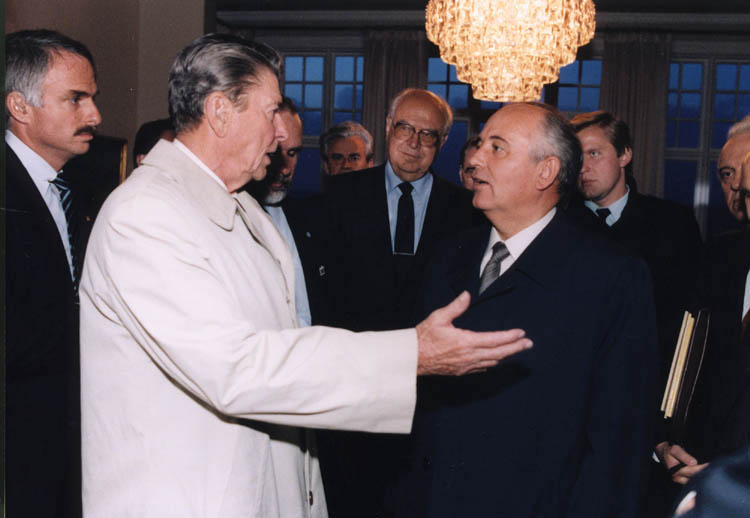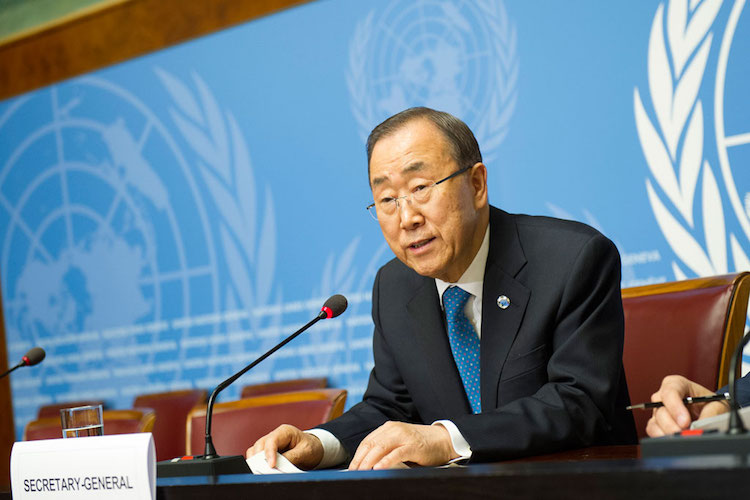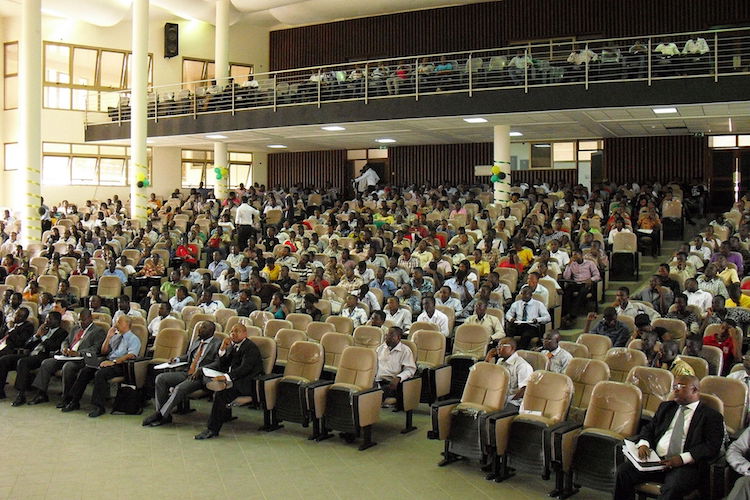By Ronald Joshua
GENEVA | ROME (IDN) – Climate change, hunger and poverty must be addressed together in order to achieve the sustainable development goals set by the international community: this is the clarion call emerging from this year’s World Food Day celebrations in Rome and in many countries.
At the global World Food Day ceremony on October 14, FAO Director-General José Graziano declared: “Higher temperatures and erratic weather patterns are already undermining the health of soils, forests and oceans on which agricultural sectors and food security depend.”

